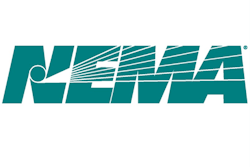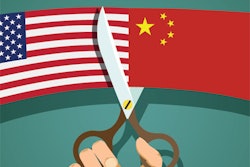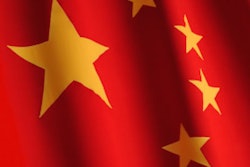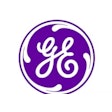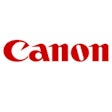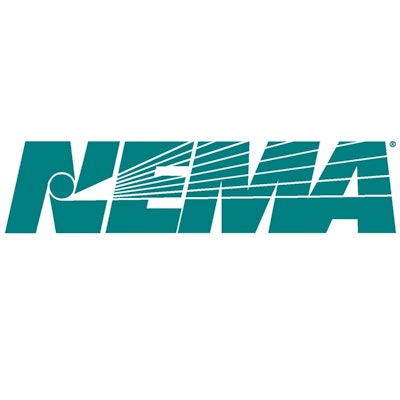
While supporting the Office of U.S. Trade Representative in its actions to defend markets from unfair practices, the National Electrical Manufacturers Association (NEMA) is urging the Trump administration to minimize the collateral damage to U.S. manufacturers from higher tariffs on products imported from China.
To avoid what would be essentially be a tax increase of over $2 billion on U.S. manufacturers and customers, tariffs should be narrowly targeted and time-limited to produce negotiated outcomes that restore and, whenever possible, advance openness and fairness, according to NEMA.
"If the purpose of these tariffs is to get the other party to the negotiating table, our industry for one would like to know when those negotiations are to begin," NEMA President and CEO Kevin Cosgriff said in a statement.
In June, the USTR issued a list of 284 products from China that could face 25% tariffs aimed at compelling a change in Beijing's intellectual property and industrial policies. Of these products, at least 30 are of direct interest to NEMA members, according to the organization. This new proposed list supplemented the existing tariffs on more than 100 electrical and medical imaging products and inputs imported from China, NEMA said.
"If the 25% tariffs are implemented as proposed on these additional products and inputs, they will represent a tax increase on U.S. manufacturers and their industrial, commercial, and residential customers valued at about $500 million," said NEMA Director for Trade and Commercial Affairs Craig Updyke said during testimony to the USTR. "These tariffs would be in addition to the $2 billion in U.S. tariffs implemented on July 6 on approximately 100 types of NEMA-scope products and inputs."
NEMA said it believes in the global free enterprise based on a solid legal infrastructure with due process to define and protect property rights, as well as to ensure adherence to trade agreements. The organization also said that it strives to eliminate barriers to international trade such as tariffs, quotas, and technical regulations that unfairly limit market access.






